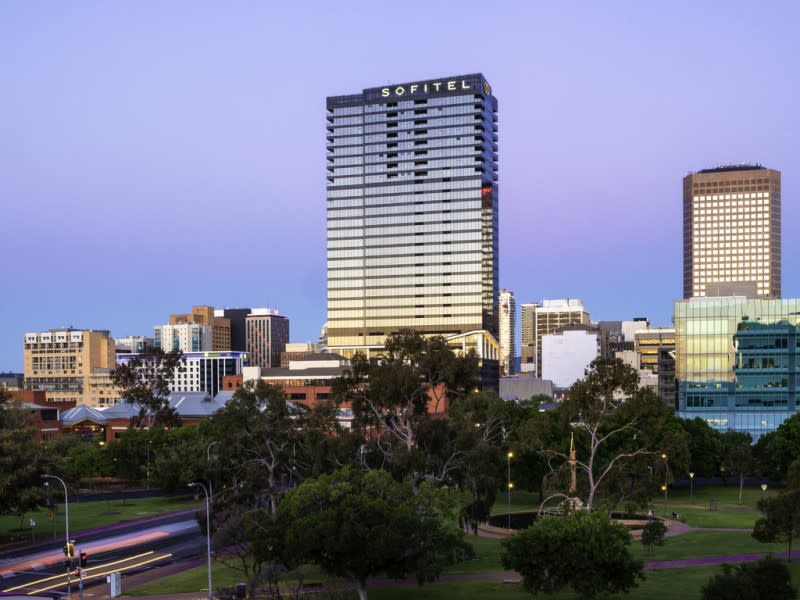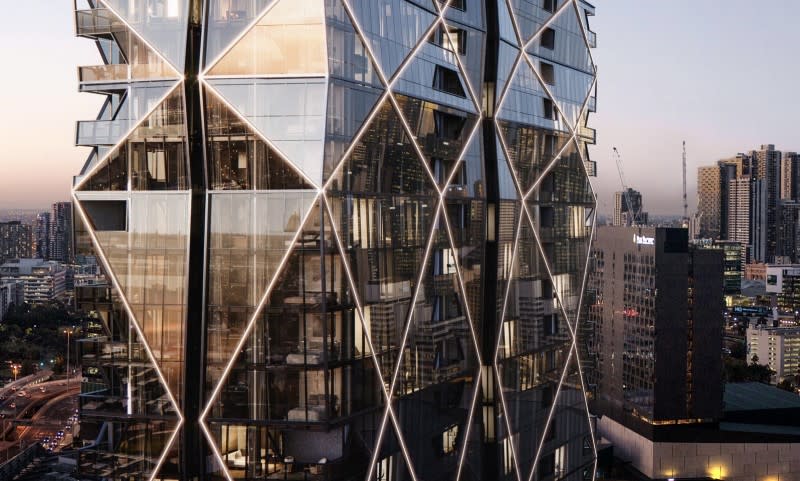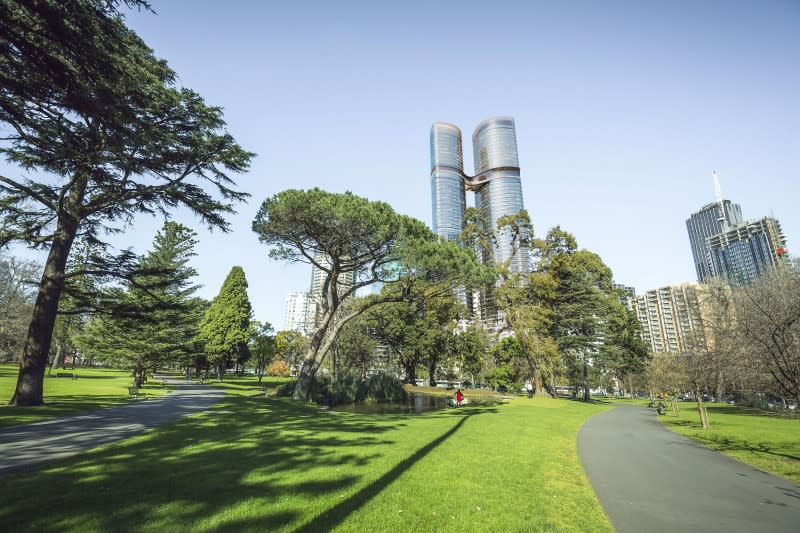
NOMINATIONS CLOSE SEPTEMBER 12 RECOGNISING THE INDIVIDUALS BEHIND THE PROJECTS
NOMINATIONS CLOSING SEPTEMBER 12 URBAN LEADER AWARDS
Resources
Newsletter
Stay up to date and with the latest news, projects, deals and features.
Subscribe
Confidence in Australia’s hotel market is soaring on the back of a record-breaking deal—Baring Private Equity Asia's $530-million acquisition of Hilton Sydney.
Chinese-backed investment group Bright Ruby bought the Hilton Sydney on George Street for $442 million in 2015 before giving it a $25-million upgrade.
This is the highest price paid for a hotel in operation in Australia, both overall and on a per room basis at $900,000 per room.
It tops Chinese insurer Sunshine Insurance Group’s $463-million purchase of Sydney’s Sheraton on the Park in 2014.
In Melbourne, other records are being eyed with SP Setia’s Shangri-La hotel listed pre-opening for $500 million—around $1 million per room.
The expressions of interest campaign for Shangri-La ended on April 28.
Also in Melbourne, a $200-million listing for three hotels by Kuwait’s Sheikh Mubarak AM Al-Sabah’s Action Hotel Group is yet to garner interest.
The Accor Group, one of the world’s largest hotel operators, posted an average occupancy rate of 60 per cent across its 66 Victorian hotels (10,200 rooms) from January to the end of April.
Accor, in a deal with Salter Brothers, will manage the 275-key Mercure Melbourne Southbank.
The hotel operator has a pipeline of new hotels in Richmond, Hawthorn, Malvern and Latrobe, with Novotel and ibis Styles hotels in the works at Melbourne Airport. There are Melbourne hotels also planned by hoteliers 25hours and SO.
Accor Pacific’s chief executive Sarah Derry said the company was keen to invest in Victoria.
“Between 2021 and 2025, we will open 14 hotels in the state, which is an investment of more than $700 million by a variety of owners,” Derry said.
“This will create around 600 jobs, while boosting the appeal of the city and the quality of accommodation available.”

Accor is also the operator for Palumbo Group’s 251-key Sofitel Adelaide which has been listed in what many see as a test of the market. It is Adelaide’s first five-star hotel offered for sale in 30 years.
Marriott, with more than 8000 properties and 150 million rooms globally, is also betting on Melbourne’s occupancy rates increasing, launching its new AC by Marriott Southbank.
It is predicting a 40 per cent occupancy rate over the next few months.
The launch is on the heels of its Melbourne Marriott Hotel Docklands with two further planned hotels to be revealed within the next few months.
Capital Alliance partnered with Marriott to build the Melbourne Marriott Hotel Docklands and the DKO-designed 205-key AC by Marriott Southbank, which it owns.
The 114th International Rotary Convention in the city next year is expected to attract more than 20,000 visitors and will be staged close to the AC by Marriott Southbank.

In Queensland, IHG Hotels and Resorts and Walker Corporation along with Pro-invest Hotels will launch the Holiday Inn Express and Suites Sunshine Coast in the $2.5-billion Maroochydore City Centre, Australia’s largest greenfield CBD project on the former Horton Park Golf Course site.
The nine-storey, 181-key hotel, complete with a rooftop pool, bar, restaurant, retail, parking, and conference and function facilities, will open in May and is the first Australian Suites product for the Holiday Inn Express brand.
IHG has also recently signed a deal with Pelligra to open a Holiday Inn and Suites hotel in Adelaide as well as a Crown Plaza hotel with Oscars Group on the NSW South Coast.
Office occupancy rates continue to effect hotel occupancy rates with the Property Council of Australia reporting that Melbourne CBD office occupancy had doubled in the last quarter but tracked at 32 per cent, with Sydney at 41 per cent, Brisbane at 48 per cent and Adelaide at 61 per cent.

Accor’s Derry said it was key there be more investment in initiatives that supported the sector.
“It is critical that investment in sports, arts and cultural events continues, as it creates jobs and supports local businesses,” she said.
“When cities host major events such as F1 Grands Prix, we experience a significant surge in bookings.
“The return of full crowds at AFL has also been encouraging, and festivals and events are attracting leisure travellers to city hotels.”
Australia’s tourism industry’s domestic and international spend was $122 billion in the financial year prior to Covid with $60.8 billion generated in direct tourism GPD in the same year.